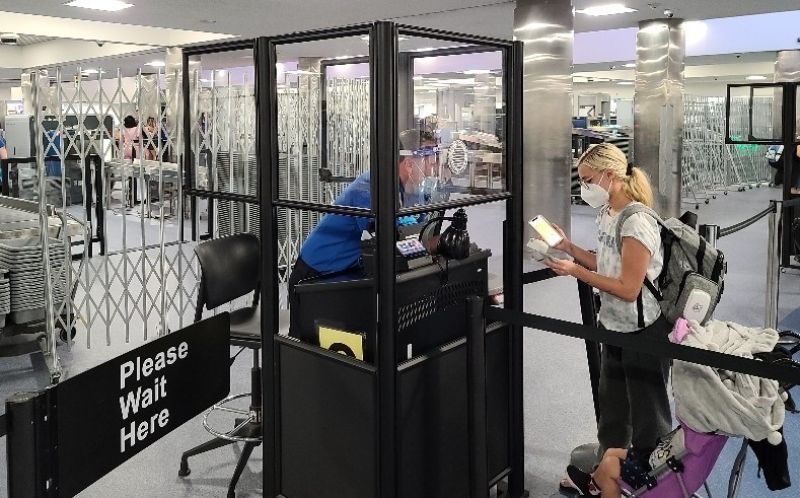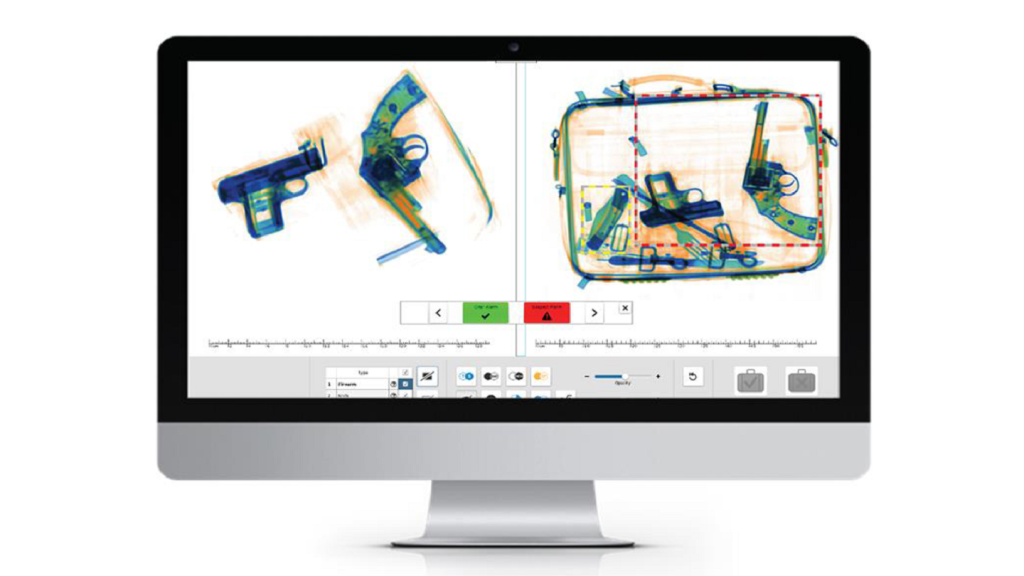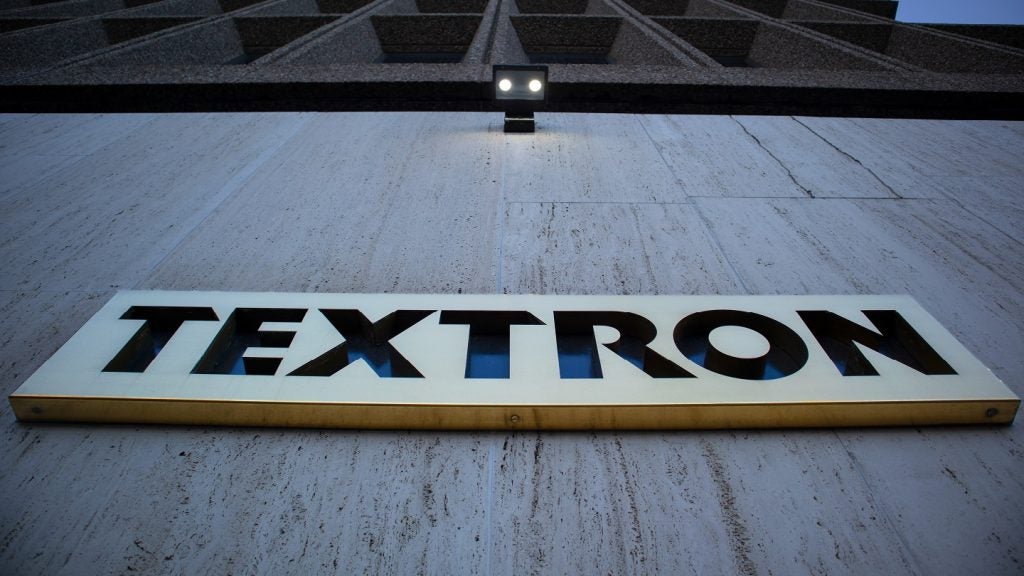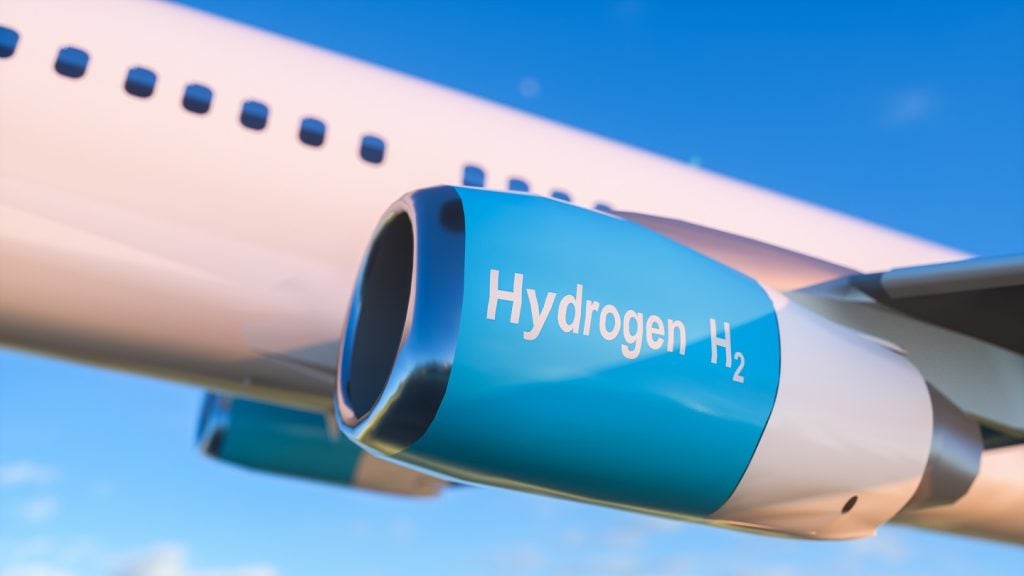
The Transportation Security Administration (TSA) in the US has installed acrylic barriers at security checkpoints throughout Las Vegas McCarran International Airport (LAS) in Nevada.
The move was part of the agency’s ongoing efforts to reduce Covid-19 contagion risks among airport personnel and passengers.
Overall, 72 acrylic barriers were installed at places where TSA officers usually interact with passengers.
It includes the travel document checkpoints and areas where the passengers prepare their luggage for X-ray screening.
TSA Nevada federal security director Karen Burke said: “The recent addition of clear barriers should instil an additional layer of confidence among travellers departing Las Vegas McCarran International Airport.
“TSA will continue to identify and implement changes to the security checkpoint environment and security procedures to protect the health and wellbeing of the travelling public, our employees and the larger airport community.”
How well do you really know your competitors?
Access the most comprehensive Company Profiles on the market, powered by GlobalData. Save hours of research. Gain competitive edge.

Thank you!
Your download email will arrive shortly
Not ready to buy yet? Download a free sample
We are confident about the unique quality of our Company Profiles. However, we want you to make the most beneficial decision for your business, so we offer a free sample that you can download by submitting the below form
By GlobalDataIn June, TSA awarded a contract for 1,230 acrylic barriers, which will be installed at 37 priority airports in the US. The installation work is expected to be completed soon.
Next month, new contracts are expected to be awarded to procure additional barriers.
Following the Covid-19 crisis, TSA launched its ‘Stay Healthy. Stay Secure’ campaign in a bid to restrict the spread of the disease.
The campaign encourages social distancing, rigorous cleaning and disinfection of the security checkpoints at the airports, and the use of personal protective equipment by TSA officers.
Earlier this month, TSA started using credential authentication technology (CAT) at Baltimore / Washington International-Thurgood Marshall Airport.
This technology authenticates the identity and confirms the flight information of passengers.







